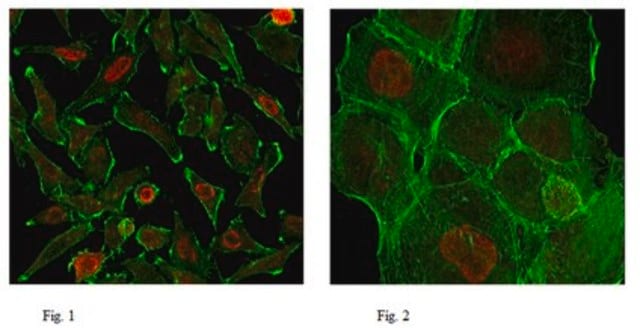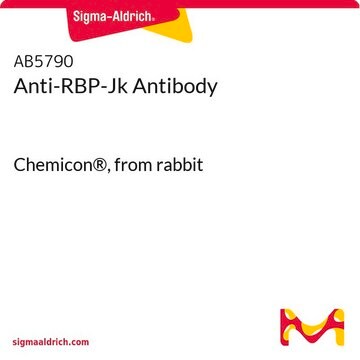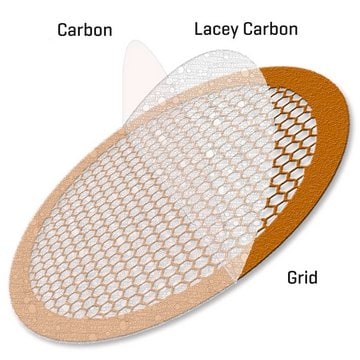05-623-AF488
Anti-RNA polymerase II Antibody, clone CTD4H8, Alexa Fluor™ 488 Conjugate
clone CTD4H8, from mouse, ALEXA FLUOR™ 488
Synonyme(s) :
DNA-directed RNA polymerase II subunit RPB1, RNA polymerase II subunit B1, DNA-directed RNA polymerase II subunit A, DNA-directed RNA polymerase III largest subunit, RNA-directed RNA polymerase II subunit RPB1, RNA polymerase II
About This Item
Produits recommandés
Source biologique
mouse
Niveau de qualité
Conjugué
ALEXA FLUOR™ 488
Forme d'anticorps
purified antibody
Type de produit anticorps
primary antibodies
Clone
CTD4H8, monoclonal
Espèces réactives
human, mouse
Réactivité de l'espèce (prédite par homologie)
yeast (based on 100% sequence homology), rat (based on 100% sequence homology)
Technique(s)
immunocytochemistry: suitable
Isotype
IgG1
Numéro d'accès NCBI
Numéro d'accès UniProt
Conditions d'expédition
wet ice
Modification post-traductionnelle de la cible
unmodified
Informations sur le gène
human ... POLR2A(5430)
mouse ... Polr2A(20020)
rat ... Polr2A(363633)
Description générale
Application
The unconjugated antibody (Cat. No. 05-623 & 05-623-Z) is shown to be suitable also for Western blotting, chromatin IP, ChIP-seq, and immunocytochemistry.
Qualité
Immunocytochemistry Analysis: A 1:100 dilution of this antibody detected RNA polymerase II in A431 cells.
Description de la cible
Autres remarques
Informations légales
Vous ne trouvez pas le bon produit ?
Essayez notre Outil de sélection de produits.
Code de la classe de stockage
12 - Non Combustible Liquids
Classe de danger pour l'eau (WGK)
WGK 2
Point d'éclair (°F)
Not applicable
Point d'éclair (°C)
Not applicable
Certificats d'analyse (COA)
Recherchez un Certificats d'analyse (COA) en saisissant le numéro de lot du produit. Les numéros de lot figurent sur l'étiquette du produit après les mots "Lot" ou "Batch".
Déjà en possession de ce produit ?
Retrouvez la documentation relative aux produits que vous avez récemment achetés dans la Bibliothèque de documents.
Notre équipe de scientifiques dispose d'une expérience dans tous les secteurs de la recherche, notamment en sciences de la vie, science des matériaux, synthèse chimique, chromatographie, analyse et dans de nombreux autres domaines..
Contacter notre Service technique








